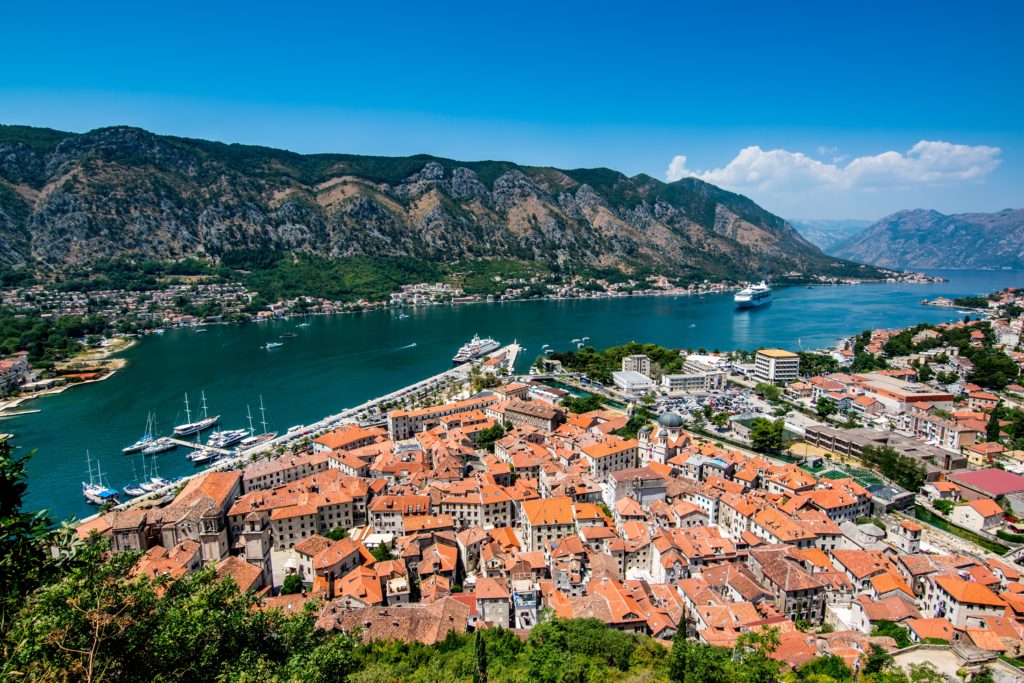In recent years, Montenegro’s real estate market has expanded significantly. The nation is a great destination to invest in because it has a solid legal system and infrastructure. Montenegro also provides a wide range of investment options, from land and construction projects to homes and businesses.
Foreign entrepreneurs who wish to start a corporate property business in the nation must be familiar with the same rules and regulations that are in place for all other corporate types there. Continue reading to learn everything there is to know about operating in the CRE sector.

Property sector of Montenegro
The Montenegrin real estate sector is highly attractive to foreign investors due to its low taxes, favorable regulations, and potential for high returns. In addition, the country’s strategic location in the Adriatic Sea makes it an ideal destination for tourists and second-home buyers. This has led to a surge in demand for property in Montenegro, resulting in increased prices and a strong market.
The real estate sector in Montenegro is a key driver of economic growth and development. It provides employment opportunities for locals, attracts foreign investment, and contributes to the country’s GDP. The government has taken steps to ensure that the sector remains attractive to investors, and this has resulted in a thriving property market.
A step-by-step manual
The following are necessary actions to create, launch, and grow a real estate business.
Make a corporate plan
A solid corporate plan supports entrepreneurs in focusing on specific development strategies and accomplishing both short- and long-term objectives. An effective company strategy doesn’t need to be lengthy as long as it is succinct and to the point. The sections that are often included in a property investment strategy are corporate fundamentals, market analysis, finances, budgets, and marketing plans.
Calculate the beginning costs
One of the best things about starting a real estate company is the very inexpensive starting cost. You don’t need an MBA or Ph.D., an expensive office space, or employees. Most of the time, the realtor can manage real estate transactions over the internet while working from home. It never, however, means that you shouldn’t budget your money.
Depending on the type of firm and investment strategy, different real estate firms have different initial startup costs. Real estate typically incurs start-up costs for licensing, registration, and marketing.
Pick a business structure
In Montenegro, general partnerships, limited partnerships, sole proprietorships, private limited companies, and public limited companies are the most prevalent corporate structure types.
For a real estate business, several tax and legal considerations need to be made for each corporation type. Many corporate owners consult with a trained government auditor or attorney when selecting how to organize their organization.
Register the business
The first step in registering a business in Montenegro is to obtain a corporate license. This can be done by applying to the Ministry of Economy. Along with the application, entrepreneurs must provide the necessary documents, such as a certificate of registration, a corporate plan, and a certificate of good standing. Once the application is approved, the business is officially registered and can begin operations.
The second step in the registration process is to obtain a tax number. This can be done by applying to the Tax Administration. Along with the application, entrepreneurs must provide the necessary documents, such as a certificate of registration, and a certificate of good standing. Once the application is approved, the business is officially registered and can begin operations.
Obtain commercial insurance
Every business is susceptible to distinct risks that could put a start-up in jeopardy before it ever takes off. A real estate company could require insurance for an office building, corporate assets, expensive supplies, and staff depending on how the firm is structured and the types of investments made.







